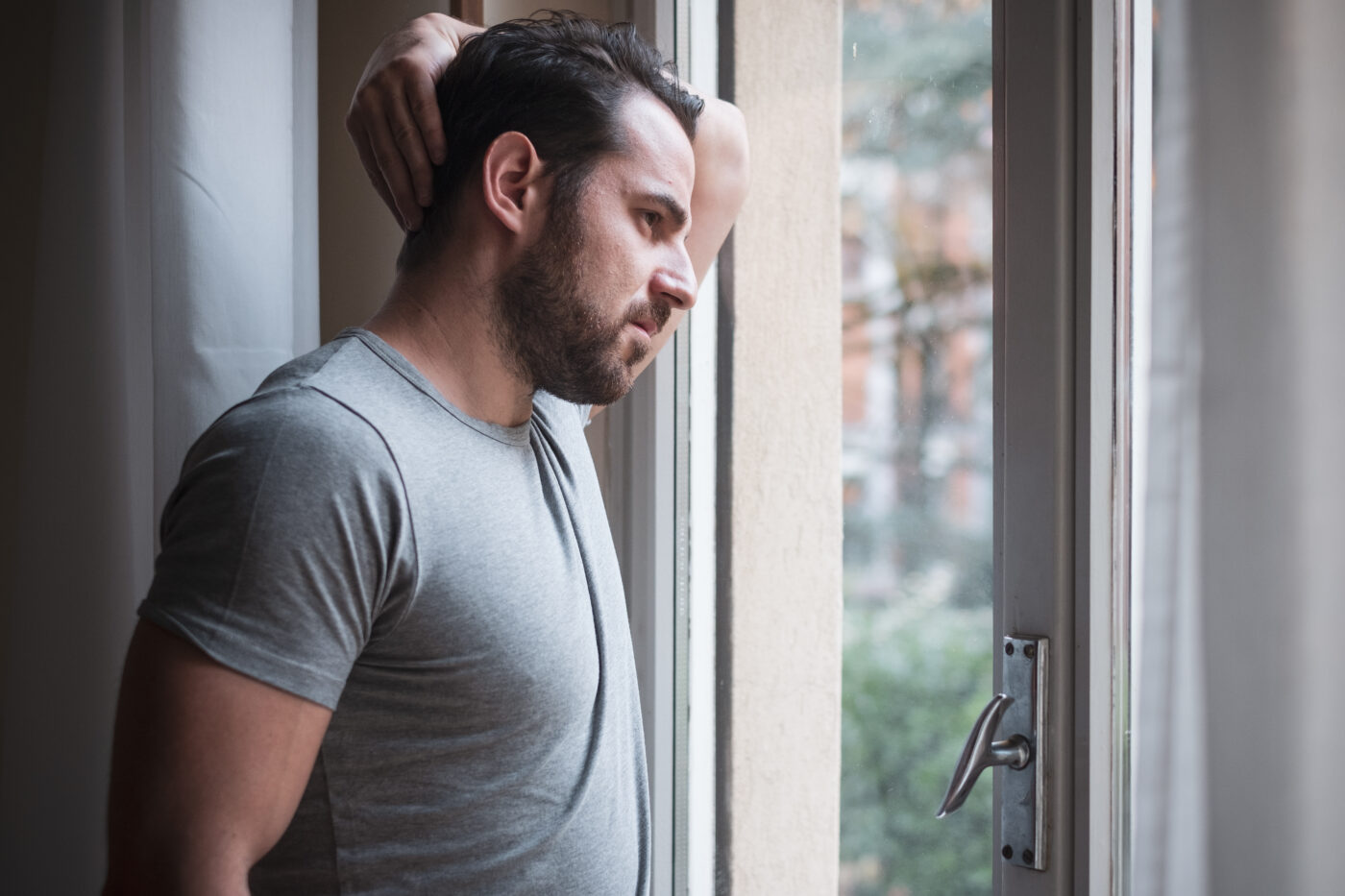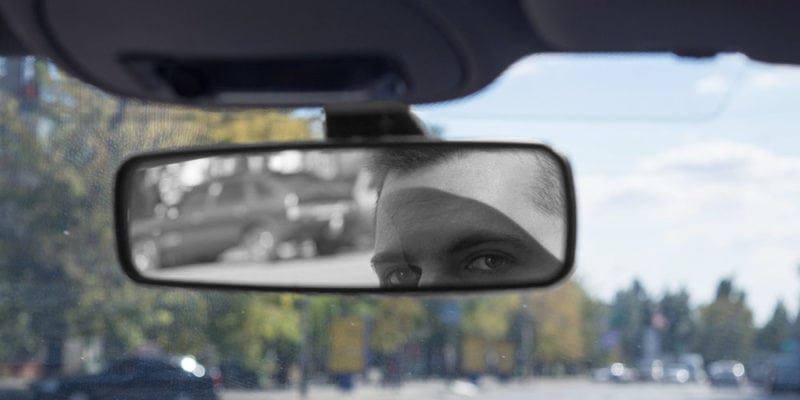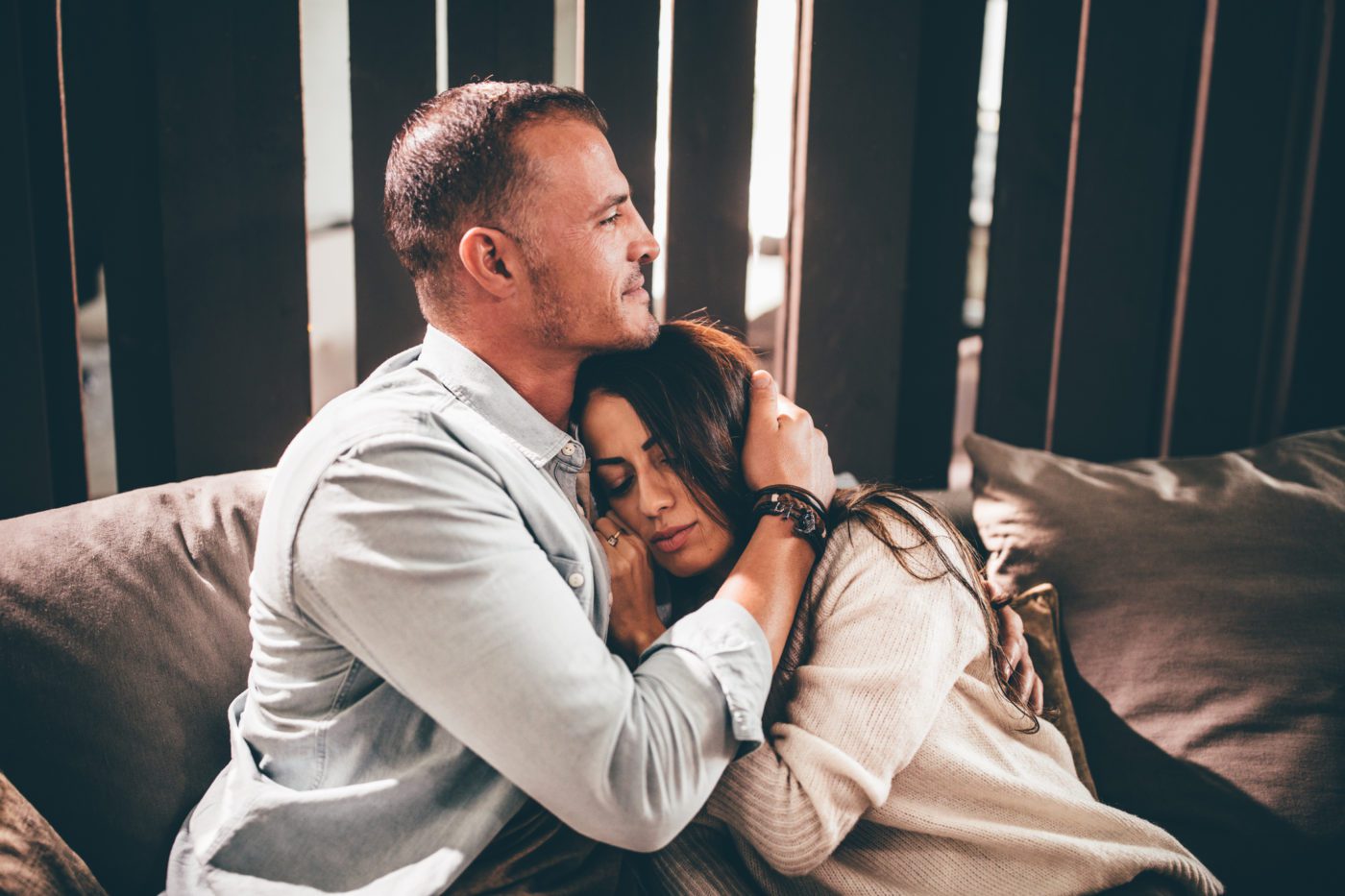We’ve all had emotional wounds in our lives, haven’t we? Sometimes, they’re self-inflicted, when we do something we later regret or make a decision that doesn’t end how we hoped it would. Other times, it’s others who inflict emotional wounds on us.
No matter how it’s happened, we’ve all been hurt. And there’s something important we all need to do with our wounds—close them. They can’t heal if we don’t. Here are 4 ways to heal emotional wounds.
1. Decide not to dwell on it.
One way to let “infection” set into an emotional wound is to fixate on it. Dwelling on it keeps the wound feeling fresh, which delays healing. Wounds do need our attention—we need to dress them and do whatever it takes for them to heal. But if we only focus on the wound, we neglect things that promote healing, like our relationships with people who support us and activities that help heal emotional wounds by restoring our health spiritually, emotionally, and otherwise.
2. Decide not to use it against the person who hurt you.
Constantly reminding others of what they’ve done to hurt you is like refusing first aid. Making sure whoever’s responsible sees the wound often might feel like justice, but you’re actually slowing down the healing process, which isn’t fair to you. Plus, by using past transgressions as a weapon, or punishing others repeatedly for past mistakes, you aren’t just feeling pain. You’re also causing it in others.
3. Decide not to talk about it with others.
The next worst thing to reminding someone of a wrong he or she committed is talking about it to anyone else who will listen. Yes, you should discuss and try to heal emotional wounds alongside people who can help, like licensed counselors, your pastor, or a trusted mentor. But if we make it a habit to tell everyone how badly another person messed up, we not only gossip, but we give others reason to fear that we’ll do the same thing when they make a mistake.
4. Decide to forgive.
The key to closure is forgiveness. And forgiveness is not about changing the past. It’s about changing the future. When you really forgive someone, you make the decision to release, embrace, pardon, and grow. To release is to give your heart freedom to focus on other things. And to embrace is to give your relationship hope for a better future. To pardon is to give yourself and the offender freedom from being held prisoner to the pain of the past, even while admitting how wrong it might have been. Doing these things allows you to grow. Forgiveness reduces the power a wound has over you, but it won’t happen unless you choose it.
Sound off: What other things can somebody do in order to heal emotional wounds?











Huddle up with your kids and ask, “Have you ever been hurt by a friend? How did you handle it?”